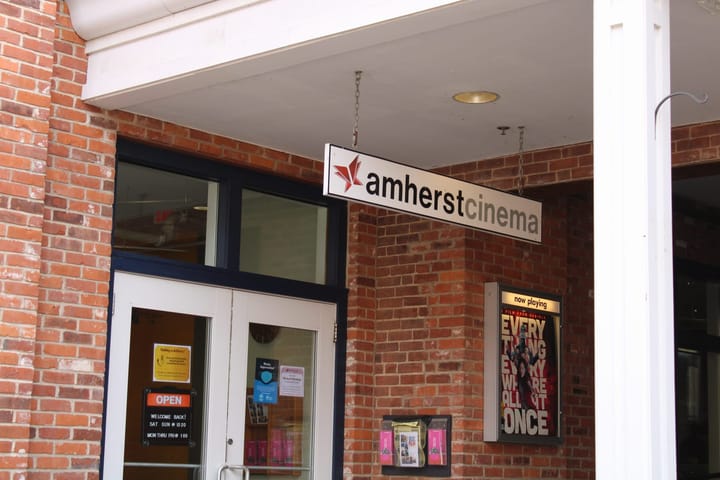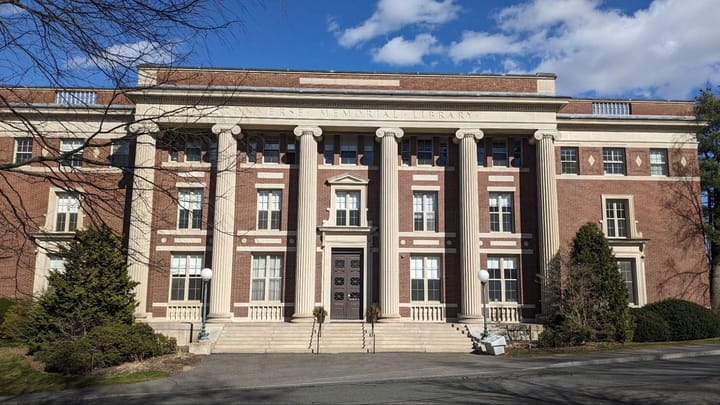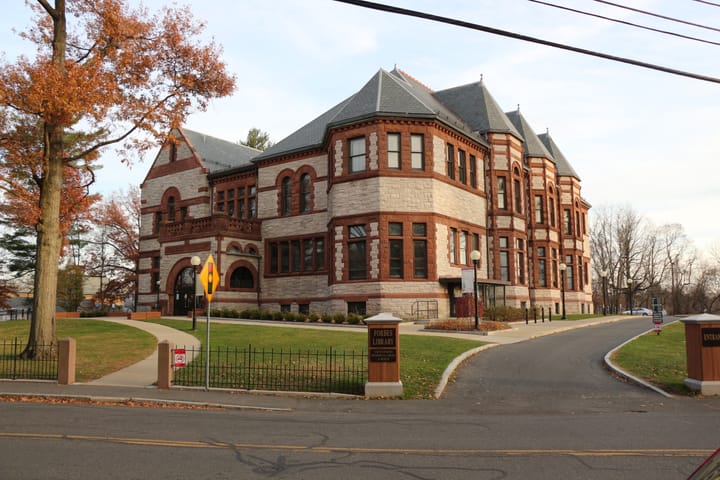Clements '84 investigates Waco
Six years later, documents revealed that the FBI may have used pyrotechnic military tear gas, which could have ignited the fire. Attorney General Janet Reno appointed former Republican Senator Jack Danforth of Missouri to lead an investigation to find out exactly what occurred on that day.
Danforth staffed offices in both St. Louis and Washington D.C. with a team of about 75 people, including Bradley Clements ’84. Clements, an attorney who lives in the Washington area, had known Danforth when he was a senator.
According to Clements, Danforth was trying to create an unbiased team with various backgrounds and areas of expertise. Prosecutors, defense attorneys, civil litigators and even members of the Postal Inspection Service worked to answer many of the mysteries of that day.
Clements referred to them collectively as “the dark question of Waco.” The main questions, according to Clements, were: Guns had been fired on April 19, 1993, but by whom? Who was responsible for the fire? Did the government use the military illegally in the maneuver? And was the FBI covering anything up?
We didn’t start the fire
The investigation began in the fall of 1999, and Clements was mostly involved with legal research and editing the Special Counsel’s reports. A preliminary report came out in the summer of 2000, and the final report was issued the day after the November election.
“The government did not fire into the compound,” Clements said they had concluded. The shots had in fact come from the Davidians, who had also started the fire. The FBI had used three rounds of pyrotechnic tear gas earlier that day, in an attempt to penetrate a concrete barrier, but this was outside the compound and had nothing to do with the fire.
Because they did not initially admit to those three rounds, the government received a lot of heat from the media and citizenry, according to Clements.
“The failure to disclose information about the pyrotechnics and years of conflicting information about the government’s actions at Waco undermined the public’s trust,” said Clements. “In fact, before the investigation started, 61 percent of the American public thought that the government had started the fire.”
“Senator Danforth believed that by finding the facts about Waco-good or bad-and setting them out as fully and openly as possible we might begin to restore public confidence in the government,” added Clements.
Clements felt the confusion surrounding the facts behind Waco was unfortunate because thousands of rounds of tear gas had been used that day. The three pyrotechnic rounds had been used four hours before the fire started and also outside of the compound. The investigation also found transcripts that revealed the Davidians had containers of fuel within the compound. Other research concluded the government had not used the military illegally.
“I can’t think of a better job or a better group of people to have worked with,” said Clements.
To Waco and beyond
The opportunity to work in such a high-profile case would be the experience of a lifetime for many, but Clements stressed that the Waco investigation was only a fraction of what her career and life has thus far entailed.
At Amherst, Clements was a political science major and a member of the Chi Psi fraternity, living in their house her sophomore year. Upon graduating, she spent a year as a paralegal before entering Yale Law School.
Amherst stayed with her-quite literally. Professor of Law, Jurisprudence and Social Thought and Political Science Austin Sarat, once her professor, was a member of her law school class. She also met her husband, John Moore, at Yale.
After receiving her law degree, Clements clerked for a judge before joining the Washington law firm Miller, Cassidy, Larroca and Lewin, in 1990, where she divided her work about evenly between criminal defense and civil work. In 1994, she left the firm to move to Singapore with her husband and children. During this time, the family traveled extensively overseas, including such destinations as Malaysia, Vietnam, Indonesia, Hong Kong and Australia.
Because Clements traveled with children in tow, she has a somewhat skewed experience of Asia. “I think I’ve tried every McDonald’s and every playground in southeast Asia,” she said. The couple returned to the United States in 1998. After eight months, she received an offer from Danforth to work on the Waco investigation.
Currently, Clements is employed part-time by a friend’s law firm. While she is open to taking on other professional challenges in the future, at present she works at home, focusing on being a stay-at-home mom to her two children, Amelia, 9, and Jack, 8.
Clements believes her experience at Amherst helped prepare her for her career as a lawyer. “Amherst taught me to be curious,” she said. “There was such freedom there to learn new things and explore subjects way outside your major. I loved that.”
Clements now enjoys a similar type of intellectual freedom in career paths after Amherst. “Every time you have a new case, there’s something new to learn about,” she said. “You need to become an expert on something you didn’t know before. I find that kind of change and variety really exciting.” Not only is this kind of change present in her cases, but also in her career, which is constantly evolving.





Comments ()